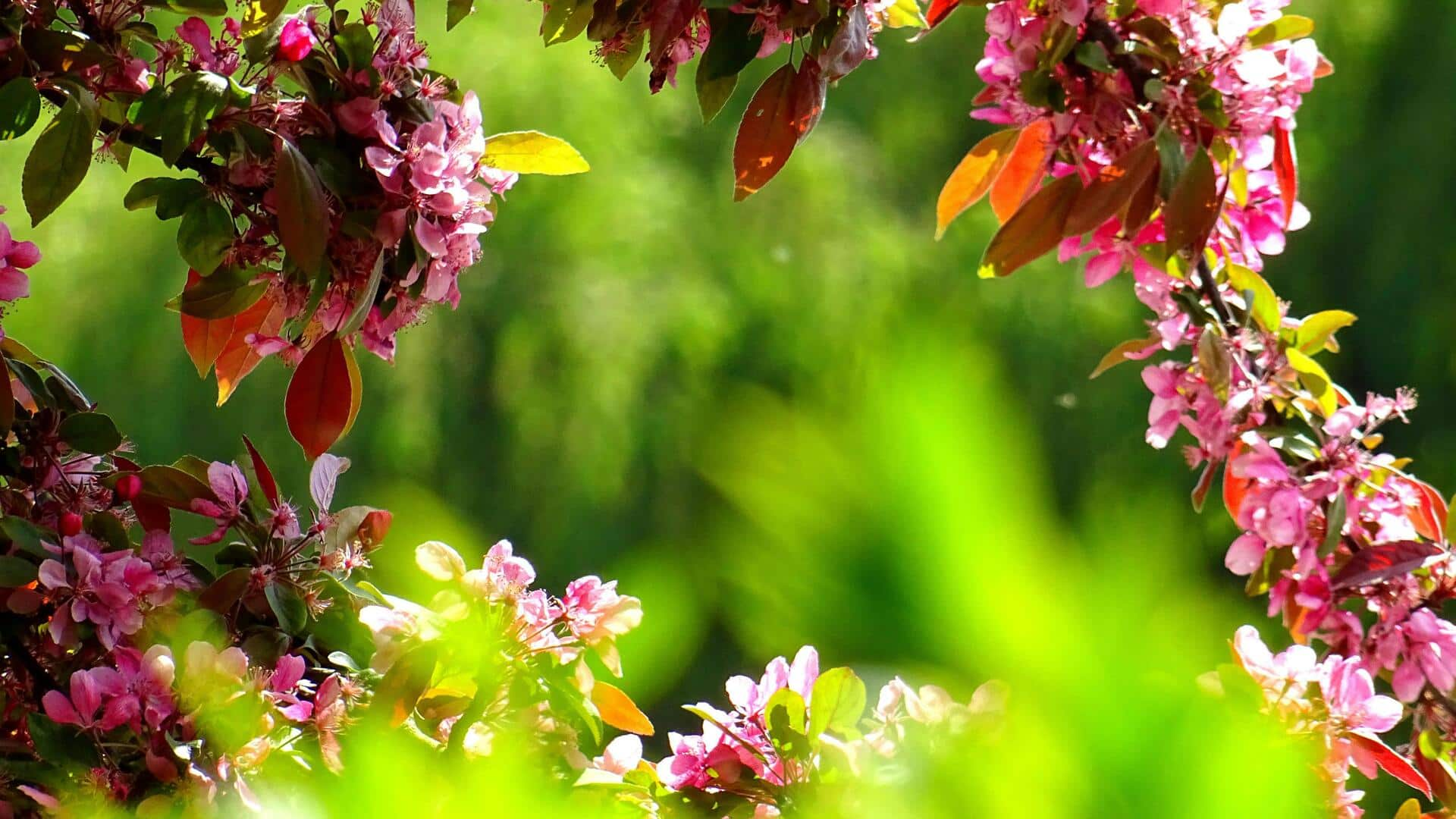
5 budget-friendly tips to start your own organic garden
What's the story
Starting an organic garden can be a fulfilling way to grow your own food and contribute to a healthier environment. However, many believe it requires a significant investment. In reality, starting an organic garden on a budget is entirely possible with some creative strategies. By making use of readily available resources and focusing on cost-effective methods, you can cultivate a thriving garden without breaking the bank.
Tip 1
Use kitchen scraps for planting
Using kitchen scraps is a great way to save money while starting your organic garden. Vegetables like potatoes, carrots, and lettuce can be regrown from kitchen scraps. Simply place the scraps in water or soil and watch them sprout new growth. This method not only reduces waste but also provides you with free plants for your garden.
Tip 2
Create compost from household waste
Composting is an economical way to enrich your soil with nutrients. By collecting vegetable peels, coffee grounds, and other biodegradable materials, you can create nutrient-rich compost at home. This reduces the need for expensive fertilizers and improves soil health naturally. A simple compost bin or pile in your backyard can turn waste into valuable gardening resources over time.
Tip 3
Opt for heirloom seeds
Heirloom seeds are usually cheaper than hybrid ones and provide better yields over the years. These seeds are open-pollinated, which means you can save them from your harvests to plant in future seasons without losing quality or flavor. Investing in heirloom seeds once can give you a sustainable source of plants for years to come.
Tip 4
Utilize rainwater for irrigation
Collecting rainwater is an eco-friendly way to water your garden without spending on municipal water bills. Set up simple rain barrels under downspouts to capture rainwater during storms. This stored water can then be used during dry spells, ensuring your plants get enough moisture while conserving resources.
Tip 5
Build raised beds from recycled materials
Constructing raised beds doesn't have to be an expensive affair if you use recycled materials like old pallets or wooden crates. These structures provide better drainage and soil quality control than traditional ground planting methods at a fraction of the cost of commercial garden beds.